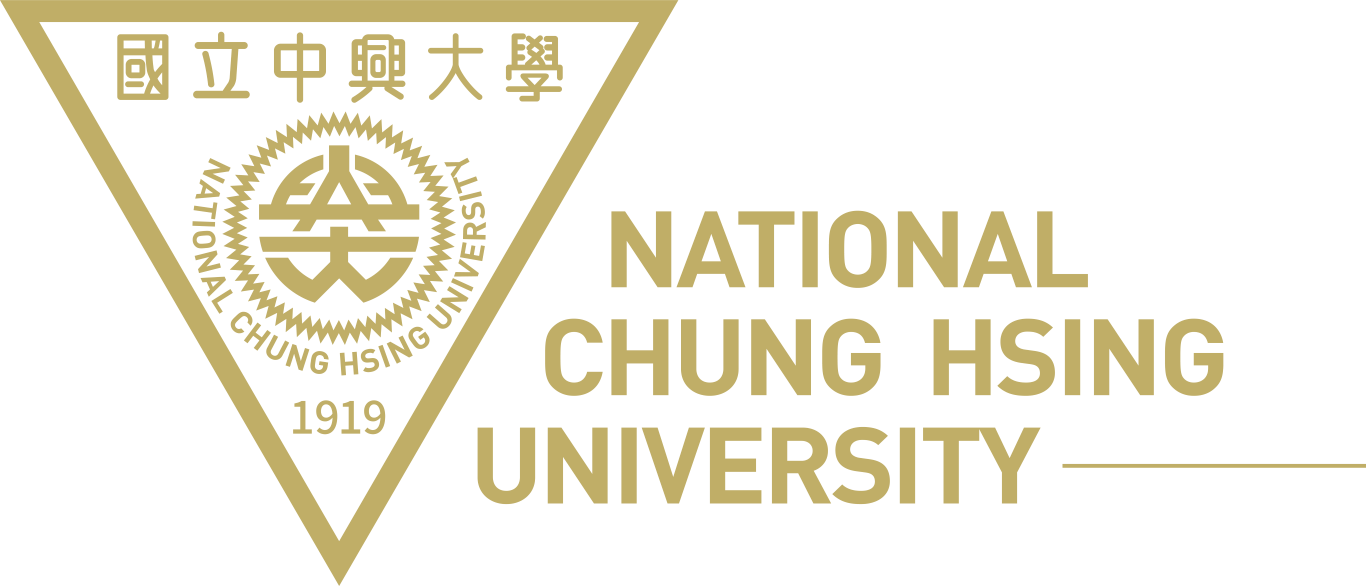1. When receiving a suspicious phone call, remember the “hear, hang up, and verify” principle.
Hang up the phone immediately if you hear something suspicious, and call the 165 Fraud Prevention Hotline for verification.
Do not transfer any money at a bank or ATM to avoid being scammed.
2. Fraud prevention:
Please add Trend Micro Fraud Prevention Pro as a friend on LINE, install the Trend Micro Check browser extension, turn off iMessage when not in use, and keep the 3C (calm-check-call) principle in mind.
3. What to do if you have been scammed:
Collect the necessary supporting documents and file a police report at the local police station or via the National Police Agency website, through which you may follow up on updates to your case.

